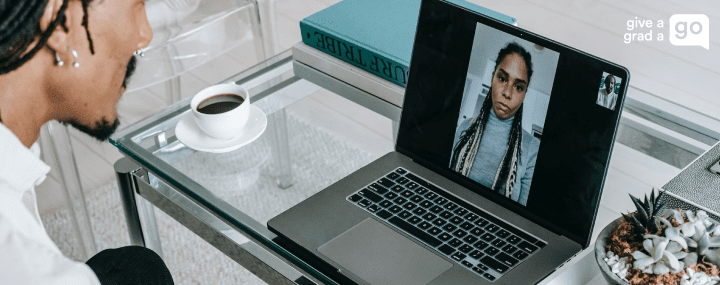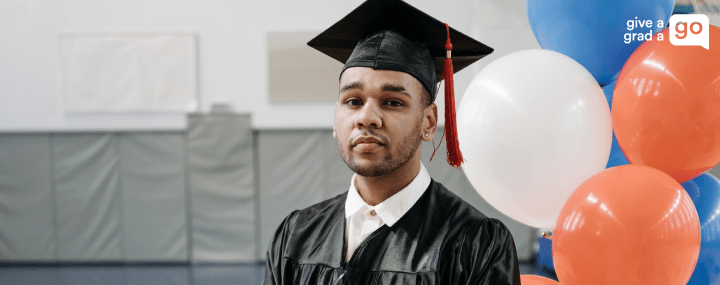Charlotte Wiseman is a positive organisational psychology consultant and researcher, known for her pioneering work in the field of mental fitness.
It was her own personal journey overcoming chronic stress, anxiety and depression that first led her to explore mindfulness and positive psychology in 2009; leaving her long-standing career in the fashion industry to pursue an MSc in Applied Positive Psychology and Coaching Psychology and Mental Health First Aid Trainer qualifications.
She is a member of the British Psychological Society, International Positive Psychology Association and has been featured in the Journal of Public Mental Health.
We speak to Charlotte about how employers can optimise their employees’ potential, enhance graduate performance, and build a resilient team.
What is resilience?
We all know that too much stress is not only detrimental to our physical health but also inhibits performance.
It reduces our creative thinking, limits our focus, inhibits our ability to make decisions and obstructs communication.
It is also the fast track to low morale, high employee turnover and burnout.
But in the age of ‘stress management training’, it is often overlooked that some stress acts as a catalyst for great learning.
A degree of stress can enhance performance and enable an individual to produce their greatest work and enjoy a sense of deep fulfilment.
A recent survey of Give A Grad A Go candidates identified that graduates’ biggest career concern was going into a role with no opportunity to develop and progress.
Research shows that challenge is essential if we are going to facilitate this.
So, while we can give graduates the tools to bounce back after a setback or adapt to new challenges, business leaders should also focus on providing resilience training; so their graduate hires can not only bounce back but grow as a result of every challenge they face. This is resilience.
When we can do this, our graduate employees are motivated, engaged and perform in a way that they can sustain for the long term. As a result, we build a more positive, adaptable and stronger workforce.
How do you build a resilient team?
How do we navigate this fine line between motivating a persevering spirit, promoting growth and supporting our teams to look after their wellbeing?
Research collated by Gallup highlighted that building on people’s strengths in the workplace, rather than trying to eliminate their weaknesses, led to a 12.5% rise in productivity, a 14.9% reduction in staff turnover and an overall increase in profitability by 8.9%.
This evidence has been replicated in countries around the world, with some studies showing up to a 50% increase in staff retention.
An in-depth analysis of this work shows that not only is building on strengths the most effective route to enhancing performance and promoting commitment, but it also reduces stress, subsequently enhancing health and happiness and building more resilient organisations.
With that in mind, it may surprise you to know that only 33% of individuals are aware of their key personal strengths or how to use them effectively and very few organisations are doing anything to address this.
Looking for driven and resilient candidates to add to your company?
Whether you need a finance recruitment agency, marketing hiring services or are in need of IT recruitment, get in touch and discover how we can find the perfect candidates for your roles.
So, if you are looking to motivate your new graduate recruits, boost resilience and build a more positive workplace culture, then I recommend trying the following:
3 steps to giving strengths-based feedback:
1. Make time to have one-to-ones with your new graduate hires
It is important to make time to have regular one-to-one meetings with your new graduate hires, to help them identify their strengths.
You could do this by using a downloadable strengths-guide, or by inviting them to complete this free online survey.
Note: It is important to acknowledge that strengths are not the same as ‘skills’ which are learnt, but are the ‘qualities’ that an individual uses in any given situation.
For example: An individual may have a strength of compassion or humour which they use when selling, and another team member may have a love of learning or curiosity, enabling them to be innovative and solve problems. Character strengths are the aspect of us that comes to light when we are at our best, they come to us naturally and when we use these we are energised, motivated and committed to whatever we are doing.
Find out more about workplace behavioural styles.
2. Compile a top 5 list
When you have identified the individual strengths of your team members, compile a list of their top 5.
Then, help them to identify times when these will be useful in the context of their role and times when these might be less appropriate to use.
For those times when these qualities will not be useful, or may even inhibit performance, which other strengths could they use to counteract that?
For example: An individual who is curious can be an asset to a team. However, at times, perhaps when a deadline is approaching, we need all our team to focus on ‘doing’ more than analysing or asking questions. In those moments the team member may be able to draw on their strength of taking perspective and ‘zooming out’ to see the bigger picture. This may enable them to focus while still using one of their key personal strengths.
3. Discuss which strengths they could be using more
To conclude this conversation, discuss which strengths they could be using more.
You may want to explain that when we use our ‘character strengths’ as well as our skills, we show the best part of who we are.
We learn more and get more fulfilment from our work and our lives.
Try: Encouraging them to focus on being more aware of their strengths and suggesting that they take a moment each week to consider which strengths they have used, how these have impacted their work, their ability to collaborate and their overall wellbeing.
As you work through this process it is important to adopt an attitude of ‘coaching’, letting the individual do the thinking and talking without directing them.
Ask questions that make them reflect on their strengths and the contexts in which these can be most beneficial.
This process enables individuals to gain deeper awareness, transforming thought into positive action.
Building resilience in the workplace has never been an easy task. Over the past year I have been inundated with requests to develop specific graduate resilience programmes because it seems that right now that in all industries, from PR to construction, this is the biggest challenge of all.
A team who know their own, and their colleagues’, strengths and behavioural styles can work together more effectively. This knowledge can drive morale, commitment and sustainable performance and build stronger companies. It all starts with a conversation.
For more information on building a resilient team, email Charlotte at [email protected].
Looking to recruit graduates for your business? We are the UK’s graduate recruitment experts and the best recruitment agency in London – contact us today to find out more about our services.
Get in touch
Revolutionise your hiring process.
Let us know your requirements and we’ll build a plan tailored to your needs







